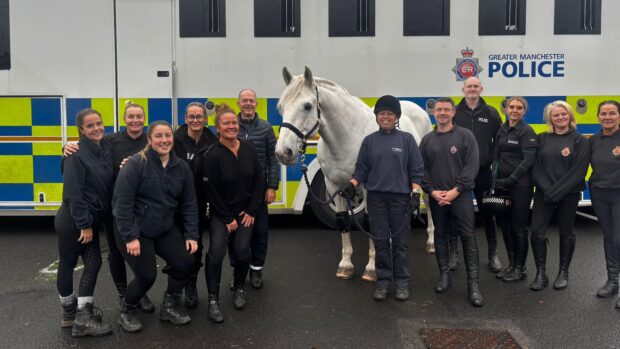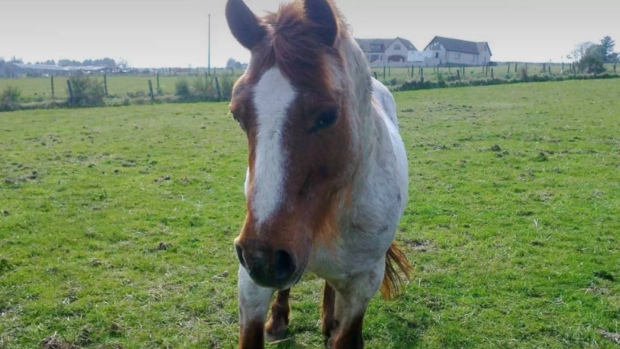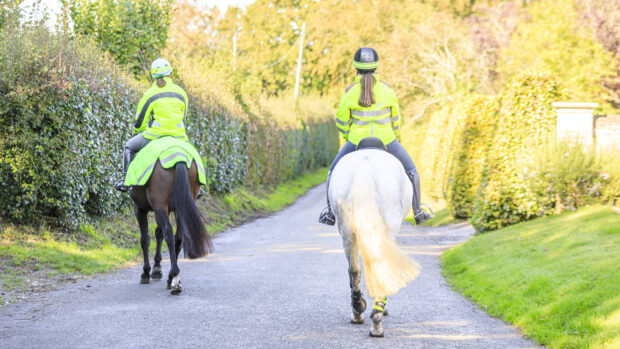Last night Labour was sent a clear message by the electorate of the UK as many rural people chose not to vote for Blair because of the clear lack of empathy his party has for rural concerns.
And although Labour still does have a majority, it is massively reduced. From Bethnal Green to Monmouth voters made their dissatisfaction clear to Labour.
The government will enter the next Parliament with considerably less carte blanche to do what Mr Blair pleases in the coming term. An overall swing of three percent to the Conservatives will give them more muscle in the House of Commons.
Looking now at a political map of far flung rural areas like the south west and up north of the border, they are increasingly blue and yellow, with very little red at all. And this is because rural people were only too happy to let Labour know they are furious with their lack of understanding of rural affairs.
The lack of concern for countryside constituencies which Labour and Mr Blair display had a clear impact on last night’s result, and both the Conservatives and the Liberal Democrats made gains because they listen to what these communities need. Rural people voted for those most able to support them.
The Countryside Alliance this morning claimed Labour and Liberal Democrat scalps, saying that Labour in particular suffered because they were not listening to their constituents from the countryside.
“Of course it is disappointing that a government that is so poorly regarded in the countryside still has a majority of MPs, some even claiming to represent rural areas. The truth is of course that they may have rural seats, but their vote is often distorted by large conurbations within them,” Simon Hart of the Alliance said today.
“But the message to the government is clear: a combination of incompetence and malice on rural issues has driven people to campaign against Labour MPs and dissatisfaction in rural seats has been far more visible than elsewhere. The Prime Minster needs to address this in the post-election reshuffle.”
The Vote-OK group has also claimed it unseated 29 anti-hunting MPs by putting in 170,000 man hours and delivering over three million leaflets to making sure anti-hunt MPs in marginal seats were not re-elected.
Charles Mann, Vote-OK national campaign director, said: “With only six weeks preparation and no previous experience, thousands of hunt supporters have been organised to campaign on a substantial and hitherto unseen level in modern politics.
“As a result they have shown that when enough people get involved in politics with a purpose and in an organised and focused way they can, and have, made a difference.”
The scalps they are claiming include Stephen Twigg, until yesterday an Education Minister, and Peter Bradly, who made an enemy of the hunting community when he claimed hunting was really a class issue.
Many rural communities will also look with interest to the fate of Defra, and those who were Ministers for that department in the last Parliament, but this will only become clear over the coming days and weeks.



